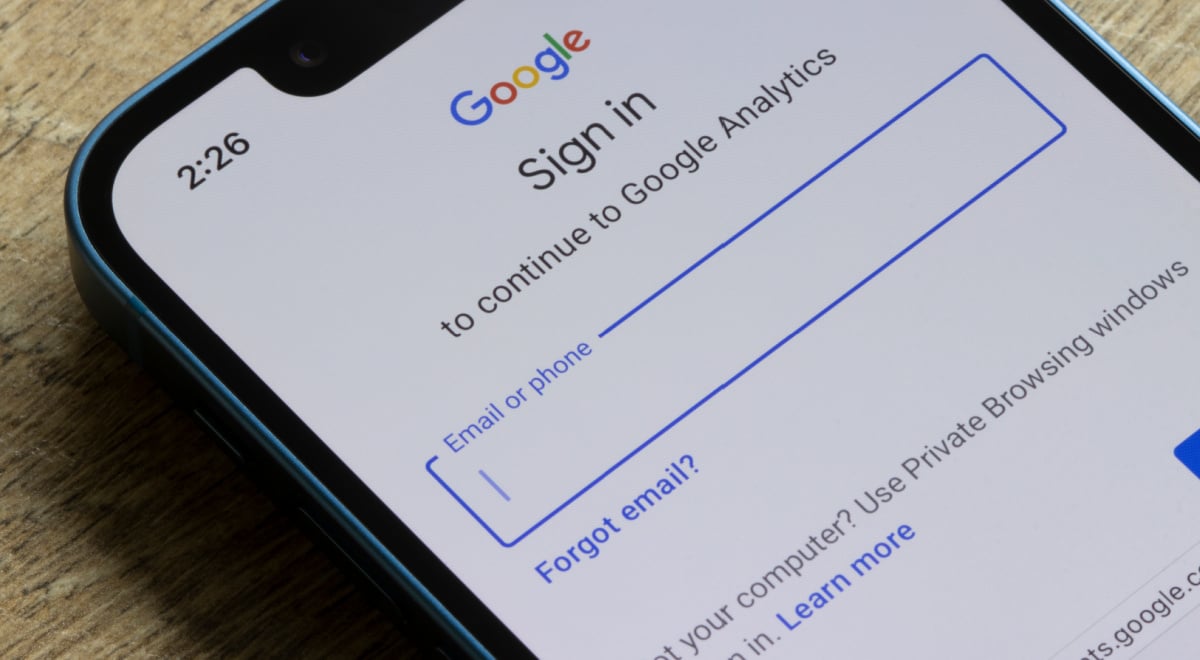Hackers discover way to access Google accounts without a password
Security researchers have uncovered a hack that allows cyber criminals to gain access to people’s Google accounts without needing their passwords.
Analysis from security firm CloudSEK found that a dangerous form of malware uses third-party cookies to gain unauthorised access to people’s private data, and is already being actively tested by hacking groups.
The exploit was first revealed in October 2023 when a hacker posted about it in a channel on the messaging platform Telegram.
The post noted how accounts could be compromised through a vulnerability with cookies, which are used by websites and browsers to track users and increase their efficiency and usability.
Google authentification cookies allow users to access their accounts without constantly having to enter their login details, however the hackers found a way to retrieve these cookies in order to bypass two-factor authentication.
The Google Chrome web browser, which is the world’s most popular with a market share greater than 60 per cent last year, is currently in the process of cracking down on third-party cookies.
“We routinely upgrade our defences against such techniques and to secure users who fall victim to malware. In this instance, Google has taken action to secure any compromised accounts detected,” Google said in a statement.
“Users should continually take steps to remove any malware from their computer, and we recommend turning on Enhanced Safe Browsing in Chrome to protect against phishing and malware downloads.”
The researchers who first uncovered the threat said it “underscores the complexity and stealth” of modern cyber attack.
“This exploit enables continuous access to Google services, even after a user’s password is reset,” Pavan Karthick M, a threat intelligence researcher at CloudSEK, wrote in a blog post detailing the issue.
“It highlights the necessity for continuous monitoring of both technical vulnerabilities and human intelligence sources to stay ahead of emerging cyber threats.”
The security issue was detailed in a report, titled ‘Compromising Google accounts:…




